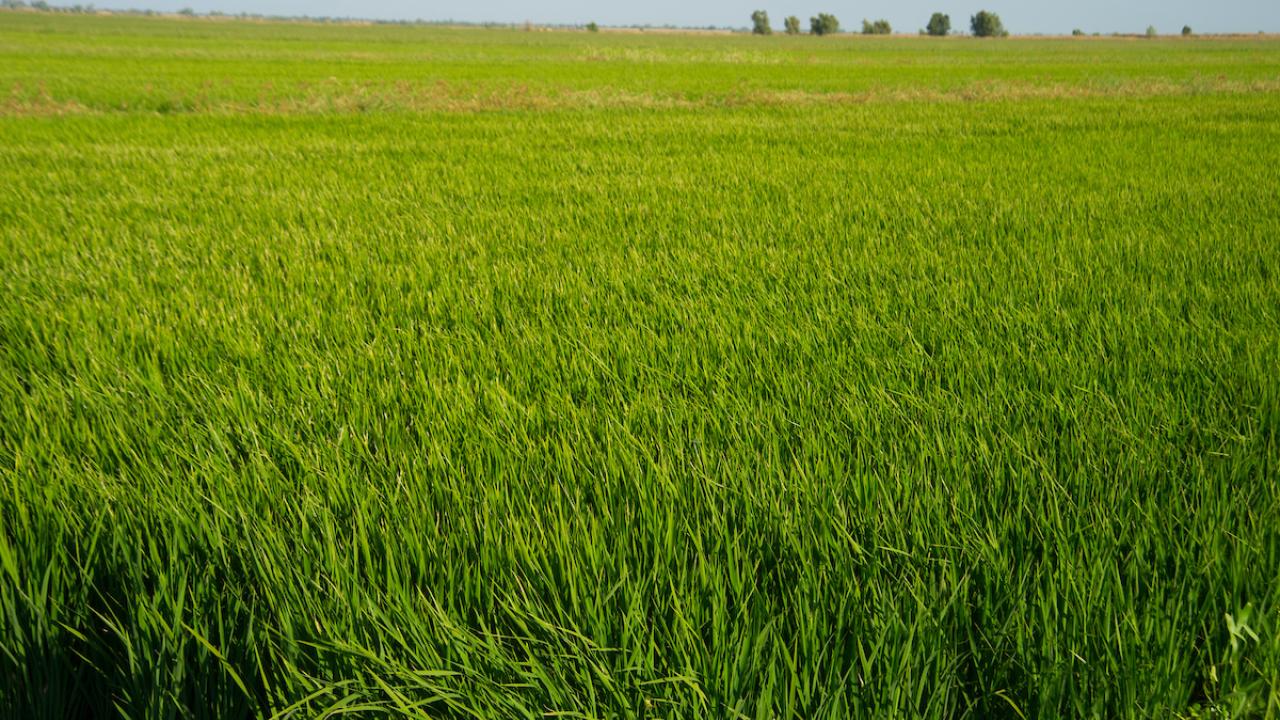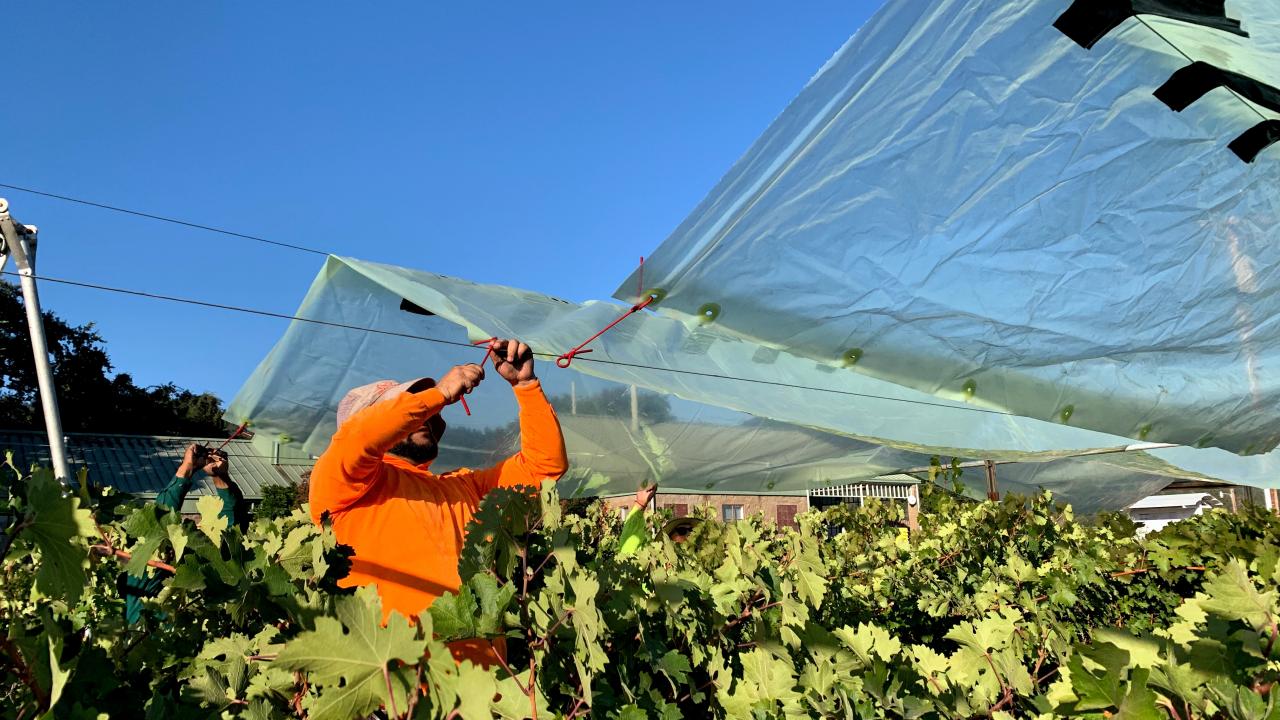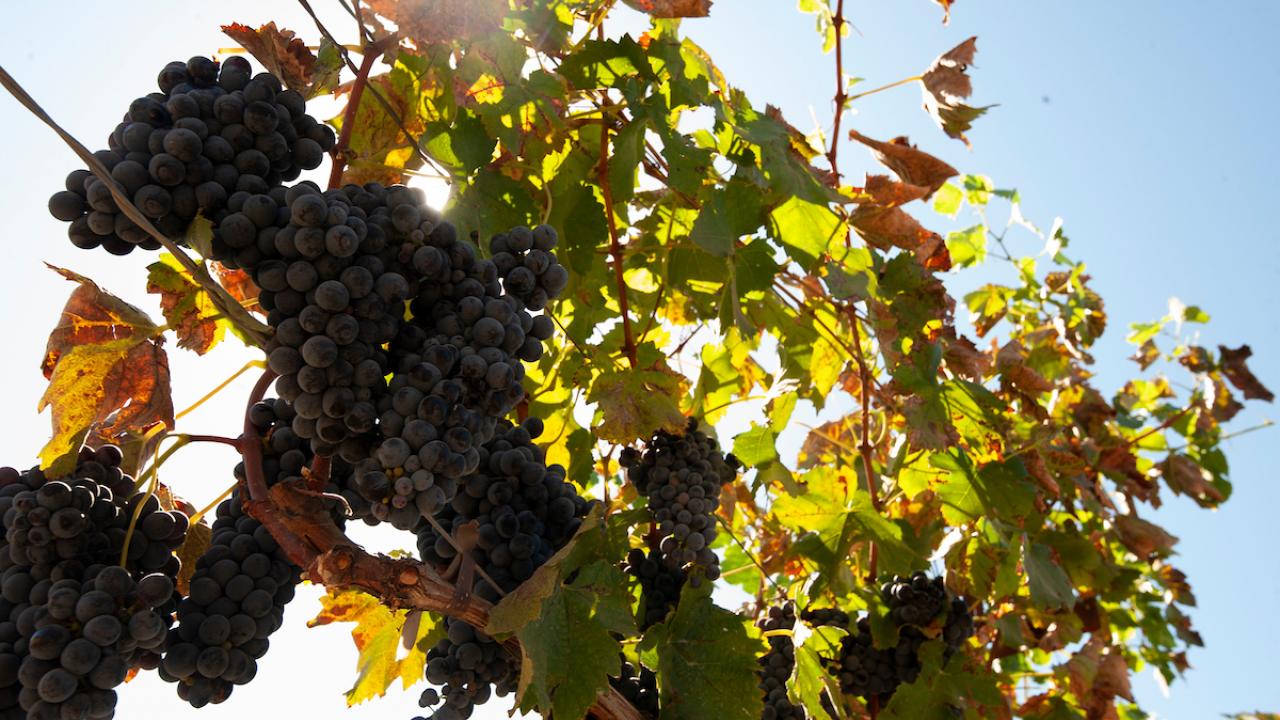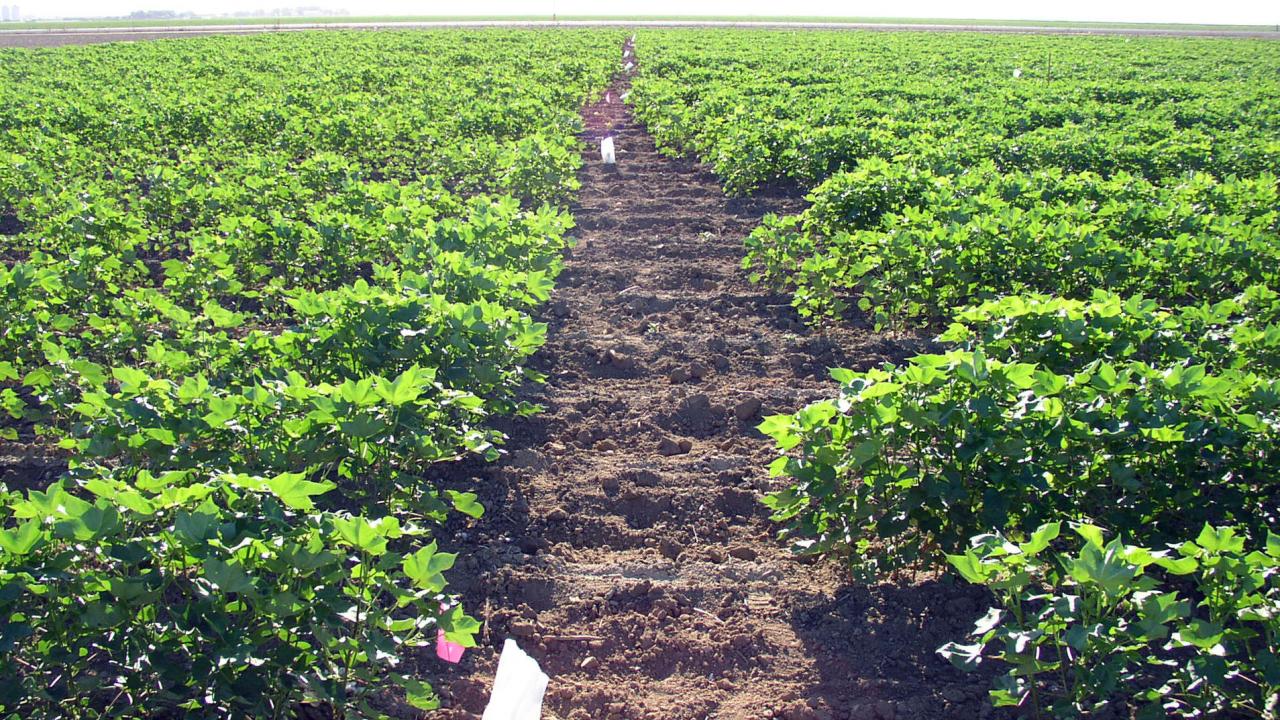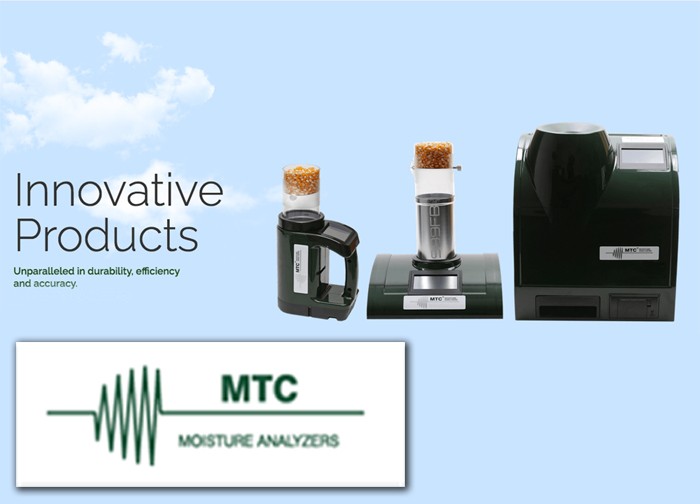08/06/2022 SOURCE: www.ucdavis.edu
UC Davis researchers have found a way to reduce the amount of nitrogen fertilizer needed to grow cereals such as rice, wheat and corn.
Growing Cereal Crops With Less Fertilizer
-
(0)
-
Bookmark
- Comments. (0)
 John LaRose Jr.
John LaRose Jr.
Topics: Fermentation/Vineyard/Wine, Grapes, Research, Education, Weather,
Increasing Temperatures Led to Better-Tasting Wine Grapes, but for How Long?
Increasing temperatures from climate change have led to better tasting wine grapes, but a new UC Davis study suggests we may be at a tipping point.
-
(0)
-
Bookmark
- Comments (0)
 John LaRose Jr.
John LaRose Jr.
Topics: Irrigation, Crop Consultant, Agriculture Global, Water, Economics, Fermentation/Vineyard/Wine, Grapes, Weather,
Coastal Grape Growers Can Use Less Water During Drought
California grape growers in coastal areas can use less water during drought and cut irrigation levels without affecting crop yields or quality, according to UC Davis researchers.
-
(0)
-
Bookmark
- Comments (0)
 John LaRose Jr.
John LaRose Jr.
Topics: Precision AG , Cotton, Crop Consultant, Education U.S. West, Economics, Crop Diseases, Fungicides, Research,
New Pima Cotton Cultivars Show Improved Resistance to Disease
Researchers at UC Davis have helped develop three new Pima cotton cultivars that are resistant to Fusarium wilt disease, a soil-borne fungus that can devastate a cotton crop.
-
(0)
-
Bookmark
- Comments (0)
 Kim Bremmer
Kim Bremmer
Topics: Dairy, Sustainability, Beef Cattle, Climate Change,
Cattle and beef/milk consumption often take the blame for climate change. Yes, dairy and beef cattle produce methane and methane is 28 times more potent than CO2. BUT the rest of the story is that methane only stays in the atmosphere for ten years and CO2 is there for 1,000 years (and nothing destroys it.) Methane is destroyed through oxidation. It's essentially destroyed at the rate it is produced, making it a "flow" gas rather than a "stock" gas like CO2. So much of the story is left out...cattle play an important role in the biogenic carbon cycle. Cattle are part of the SOLUTION.

-
(1)
-
Bookmark
- Comments (0)


